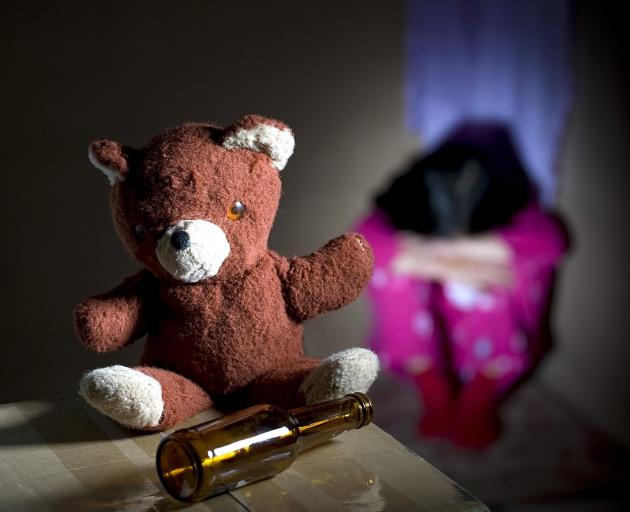
To confirm this grim assertion, one has only to consider the example of the former Yugoslavia. Families who had lived next to one another for decades, whose children had played together, grown together, married one another, suddenly found themselves sucked into a maelstrom of horrific communal violence.
Overnight, a murderous, state-sanctioned nationalism began portraying one’s neighbours as deadly enemies, whose destruction, far from being punished, would be rewarded. How quickly former friends became rapists, torturers and murderers was chilling.
The same terrifying spectacle unfolded in Rwanda.
That these examples point to a terrible hunger for pain and violence lodged deep in the human psyche is profoundly confronting.
That these destructive urges do not tear our society to pieces cannot be wholly explained by the ordinary citizen’s fear of retribution.

That unkind, often brutal, treatment is meted out to our fellow citizens by persons we regard as perfectly normal, is explained by the recipients’ actual or alleged propensity to harm the communities in which they live.
Convince people that any given individual, or group, constitutes an existential threat to their wellbeing, and you can do pretty-much anything you want to them — and not be punished for it.
The multiple reports of the Royal Commission of Inquiry into Abuse in Care reveal in excruciating detail how this stigmatising of individuals and groups played out in New Zealand between 1950 and 1999.
Our empathy for the victims of the policies and practices of that half-century is so strong that it has left us curiously uninterested in identifying what it was that permitted so much pain and violence to be inflicted on so many mostly young New Zealanders for so long.
The brutally straightforward explanation for those 50 years of abuse is that, for at least the 50 years that preceded 1950, persons categorised as: "alcoholics, imbeciles, illegitimate children (and their mothers), prostitutes, criminals, the feeble-minded, lunatics, epileptics, deaf-mutes, the unemployable, the tubercular, the immoral (eg homosexuals), anyone from another race" were branded by credible authority figures — senior public servants, academic experts, medical professionals and political leaders — as threats to the moral, social and racial "hygiene" of the nation.
To safeguard the nation’s genetic health, argued the promoters of the new "science" of eugenics, "unfit" and/or "defective" individuals must be isolated from the rest of the population in closed institutions.
The most extreme eugenicists went further. Those declared "unfit" in the United States and Sweden were subjected to forced sterilisation.
In 1928, New Zealand eugenicists were poised to do the same, but, to their eternal credit, the parliamentarians of the time refused to oblige them.
Nowhere did the eugenic ideology take firmer hold than in Nazi Germany, where tens of thousands of "useless mouths" were murdered with the blessing of the state and its professional servants.
The horrors perpetrated in the name of social and racial "hygiene" by the Nazis turned eugenics into a dirty word, but the ideas at its core — that the different were dangerous — lingered on in the state institutions erected in its name.
And it wasn’t just the medical superintendents and senior bureaucrats who continued to treat the different as dangerous — the overwhelming majority of "normal" New Zealanders concurred.
Out of sight and out of mind, the institutionalised had few friends and no respite from the abuse that persisted, unreported and unpunished. Behind the barbed wire and inside the locked wards, the hunger of those who feed on pain and violence continued to be sated.
It is estimated that upwards of 200,000 young New Zealanders were abused in institutional settings during the second half of the 20th century. Such massive and prolonged mistreatment cannot be perpetrated, or successfully hidden, unless its victims are first reduced to something less than human.
In Yugoslavia and Rwanda that dehumanisation was achieved by making them enemies of the nation, of the tribe. In New Zealand, by presenting them as a challenge to our tragically narrow definition of "normality".
Leaving us with just two questions: what appalling behaviour goes unpunished today? And against whom?
■Chris Trotter is an Auckland writer and commentator.












